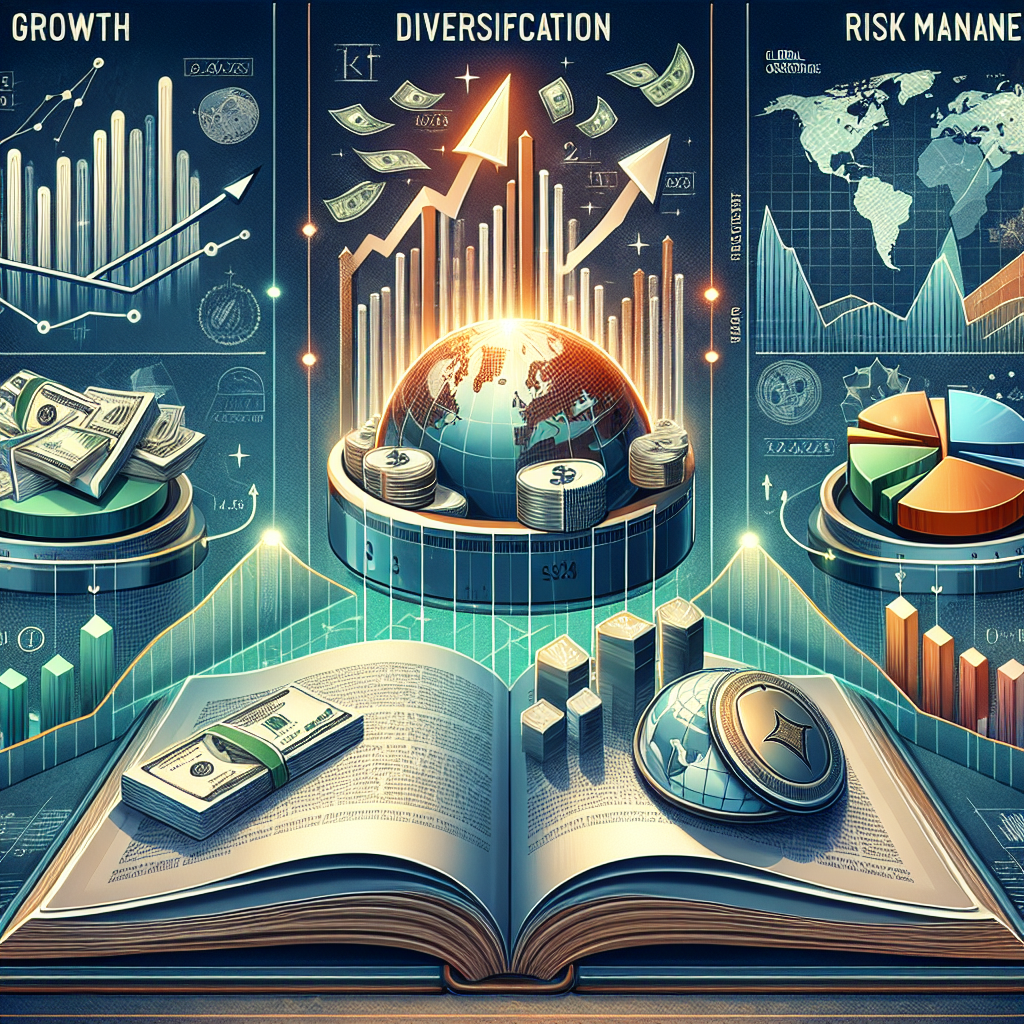Thinking About the Future with ChatGPT

Recently, I've been pondering the future of work in the context of ChatGPT and Artificial Intelligence (AI). The concept is ever-changing due to technological advancements and societal shifts, continuously reshaping our work landscape. The COVID-19 pandemic has accelerated some trends, like automation, while introducing new challenges that compel us to reconsider how we'll work in the future.

There's speculation that ChatGPT could replace jobs, especially white-collar roles like lawyers, doctors, and accountants. This technology has made waves in the business world, rapidly reaching the peak of the hype cycle. Experts suggest that ChatGPT and other forms of generative AI could pose threats to various professions.
A 2013 University of Oxford study predicted that 47% of US jobs could be automated by AI. ChatGPT has the potential to replace entry-level coders and has already been employed to write cover letters, children's books, and student essays. Jobs in media, such as content creation, technical writing, and journalism, are also increasingly vulnerable to AI technologies.
Traditionally, white-collar jobs have relied on human skills to analyze and interpret vast amounts of linguistic data. Generative AI can now undertake these tasks, capable of not just reading and writing but also understanding human languages. These capabilities have been propelled by advances in AI algorithms, the availability of large data sets, and cloud computing technology.
However, human productivity could see substantial gains if AI is used as a complement to human labor rather than as a total replacement. For instance, it's unlikely that AI would entirely automate the legal industry, which still requires a degree of human judgment. Similarly, while chatbots have begun to replace some customer service roles, many customers still prefer the human touch to robotic interactions.
The future where ChatGPT can perform tasks like reporting and writing more efficiently than humans is promising. This efficiency would free people to address more complex problems requiring human judgment.
Since Google's founding in 1998, automation and AI have been transformative forces across many industries, a trend likely to continue. Jobs involving repetitive tasks or requiring low-level skills are most at risk for automation, while roles demanding critical thinking, creativity, and emotional intelligence will become more valuable. Workers who adapt and acquire new skills will be better positioned to thrive in this evolving job market.
Thinking about the future of work with ChatGPT serves as a form of planning and forecasting. It involves entertaining multiple possibilities, challenging our assumptions, and weighing the potential outcomes of various choices. This skill is increasingly vital in our rapidly changing world and can be beneficial for career advancement and community engagement.
Future thinking with ChatGPT helps individuals and organizations anticipate trends and adapt to change. By identifying potential challenges and opportunities, we can formulate proactive strategies to navigate the shifts effectively.
Considering multiple possible future scenarios allows us to make informed decisions aligned with our values and long-term goals. It also fosters community dialogue, creating a shared vision for the future and exploring diverse possibilities. Keeping an eye on new trends in AI can reveal emerging opportunities for both career development and community involvement.
In summary, contemplating the future of work with ChatGPT suggests that AI could serve as a valuable tool for both professional and personal growth. While AI may replace certain jobs, it could also create new opportunities in fields requiring human creativity and judgment.